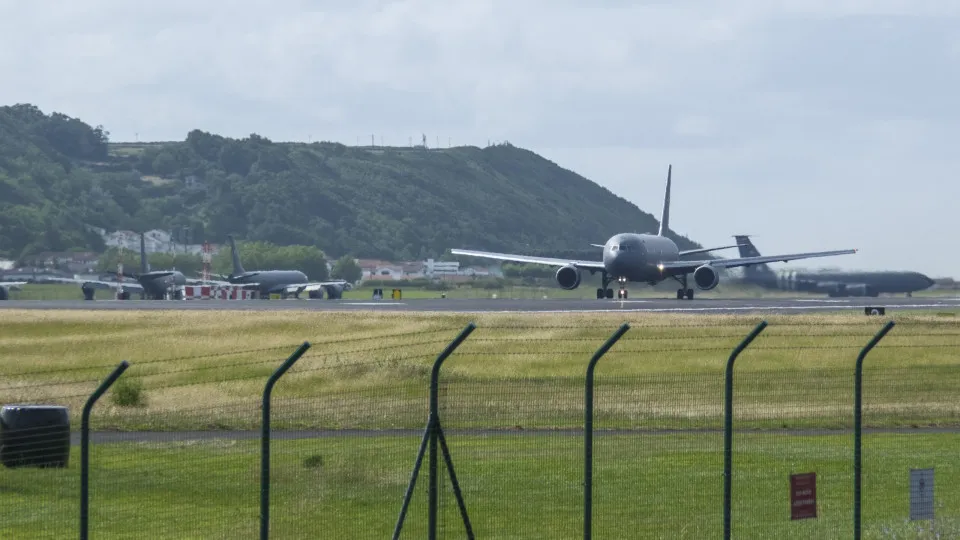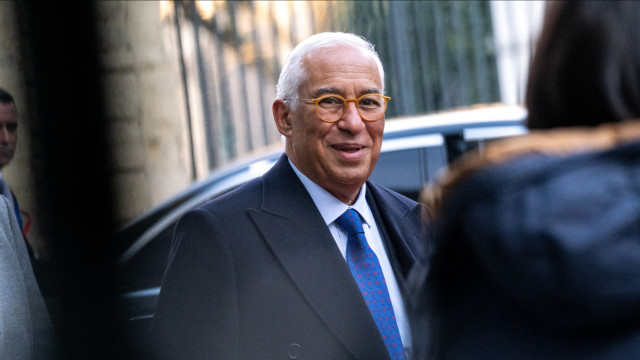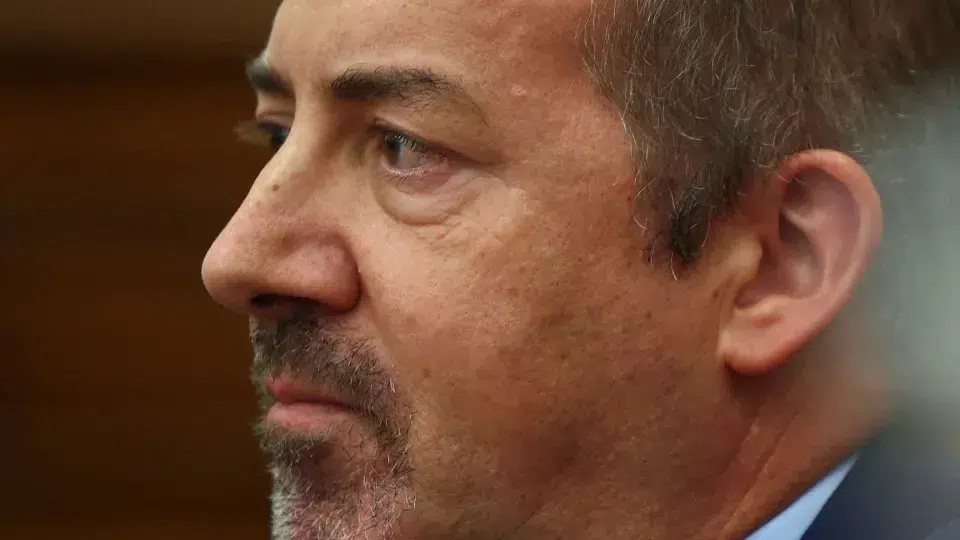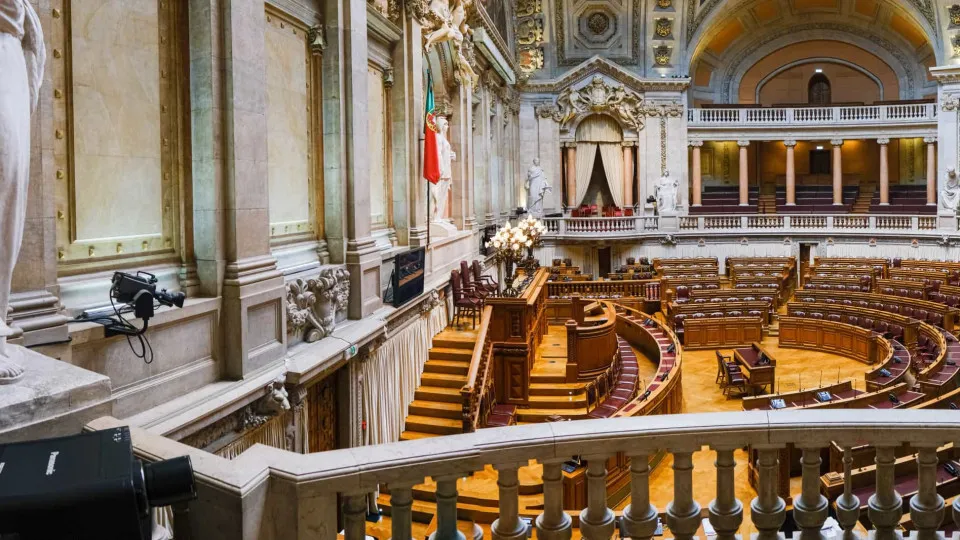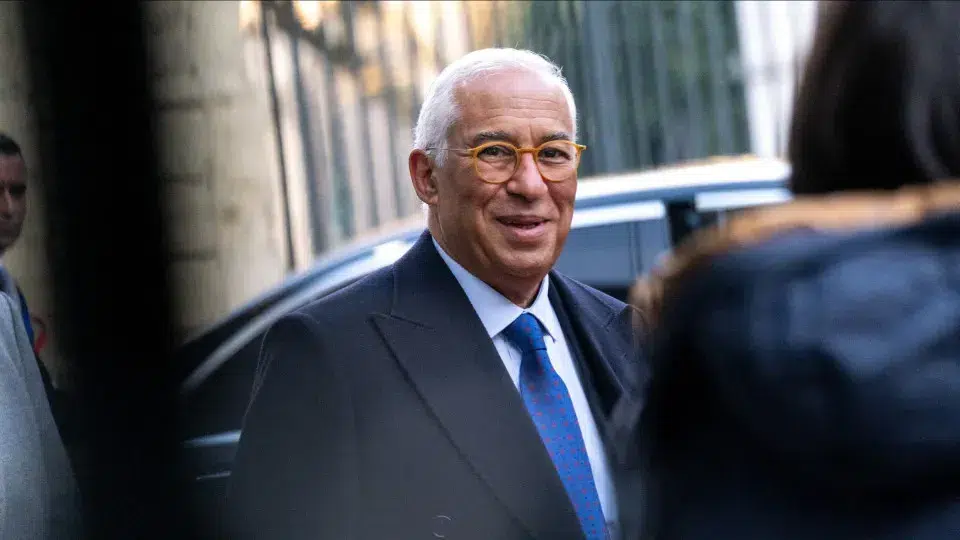
At least seven wiretaps involving António Costa were not reported to the Supreme Court of Justice (STJ) “for technical reasons,” the Attorney General’s Office (PGR) admitted this Friday.
This revelation prompted various political figures to voice their opinions on the PGR’s conduct, with differing views on the matter.
Criticism spanned the political spectrum, with consensus seen among figures such as António Filipe (a presidential candidate supported by the PCP), Rui Rio (former PSD president and main opponent of António Costa when he was prime minister), Ferro Rodrigues (former PS secretary-general and ex-president of the Assembly of the Republic), and Paulo Rangel (Minister of Foreign Affairs).
The current leader stated at the CNN Portugal International Conference that a prime minister “cannot be wiretapped without authorization from the Supreme Court of Justice.”
“Without commenting on any specific case, there is a clear and abstract principle […] a prime minister cannot be wiretapped without authorization from the Supreme Court of Justice, period. And even then, it must be very well considered before being authorized,” he declared.
António Filipe, speaking to Lusa, stated the situation was serious, calling it “something that cannot happen.” He argued that the wiretapping of a government head is a serious matter with special rules that must be strictly followed, asserting that the situation requires “clarifications to the country.”
Rui Rio expressed on social media that this case “is of utmost gravity in a democratic rule of law, as it undermines its very foundations.”
Isto é da máxima gravidade num ESTADO DE DIREITO DEMOCRÁTICO, porque derruba os seus próprios alicerces.
Para mim, este grave problema de regime só se resolverá, quando definitivamente soubermos responder à magna questão: “Quem guarda os guardiões?”https://t.co/v5gafc9HNz #— Rui Rio (@RuiRioPT) November 21, 2025
Ferro Rodrigues went further, stating: “I’ve moved from indignation to disgust. I cannot be the one to publicly declare again how this is a shame, a scandal, and a grotesque disregard for the Democratic State laws.”
Cotrim seeks clarifications. Marques Mendes supports wiretap legality
On the less critical side is João Cotrim Figueiredo, also a presidential candidate.
The former Liberal Initiative leader stated that the PGR’s explanation was “insufficient,” indicating that in a sequence of cases where investigation dates coincided with other significant events involving those targeted, he believes the Attorney General must quickly clarify exactly what transpired.
Conversely, Luís Marques Mendes, also running for presidency, considered that “all issues were handled according to the law.”
“The prime minister was never directly wiretapped; he was caught on tape during conversations with people under surveillance. It’s a completely different matter,” emphasized the former PSD leader.
Seven wiretaps omitted… or 22?
The communication shared this Friday by the PGR follows a report by Diário de Notícias suggesting that 22 wiretaps involving António Costa were omitted from the STJ and the Central Criminal Investigation Court (TCIC).
In that report, it mentioned that the wiretaps involved defendants João Galamba (then Secretary of State for Energy and Secretary of State for the Environment and Energy), Diogo Lacerda Machado (a friend and former government consultant on the TAP privatization), and João Pedro Matos Fernandes (then Minister of Environment and Climate Action).
The wiretaps were collected between 2020 and 2022, as part of Operation Influencer.
The PGR explained later that “during a new analysis of all wiretaps conducted” under Operation Influencer, seven wiretaps were identified, “in which Prime Minister António Costa also participated, a fact that, due to various technical reasons, had not been initially detected.”
The seven wiretaps in question “were immediately reported to the STJ president through the investigating judge of the TCIC,” with the STJ president ruling that he was “no longer competent for such knowledge, as António Costa was no longer prime minister at that time.”
The Attorney General’s Office also reiterated that António Costa was never directly wiretapped or monitored, whether when he was prime minister or after leaving the government.

